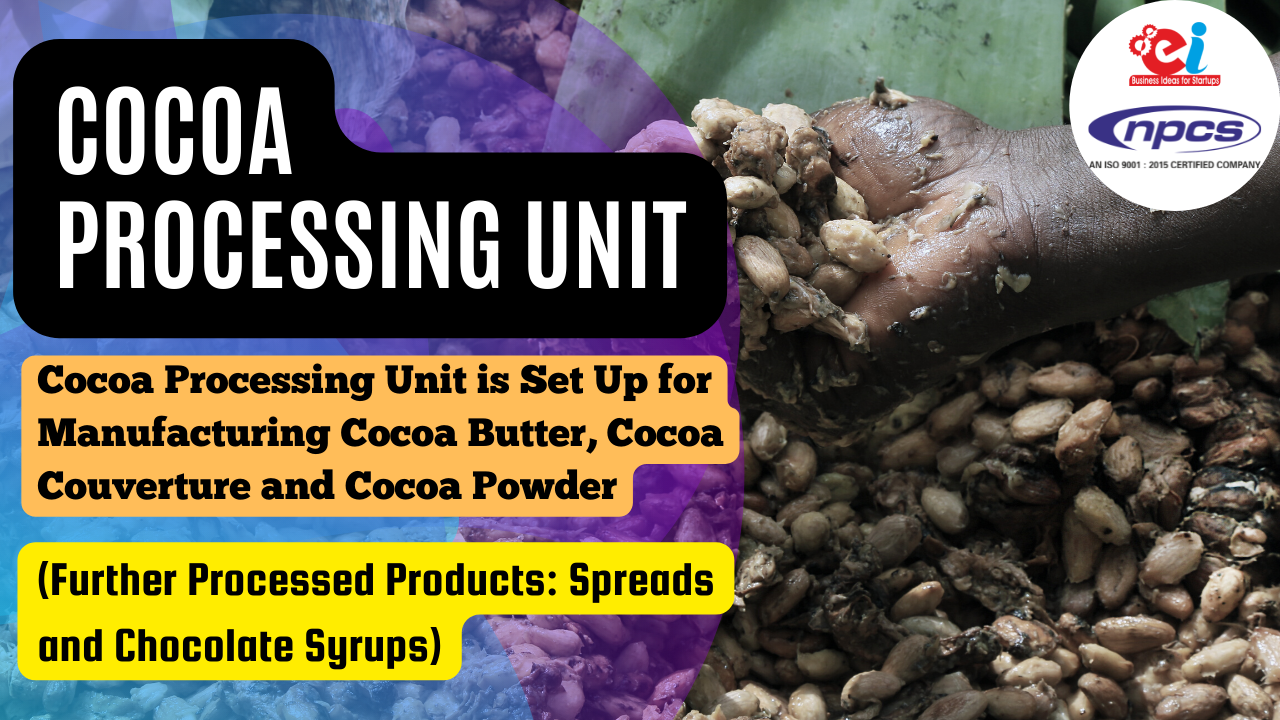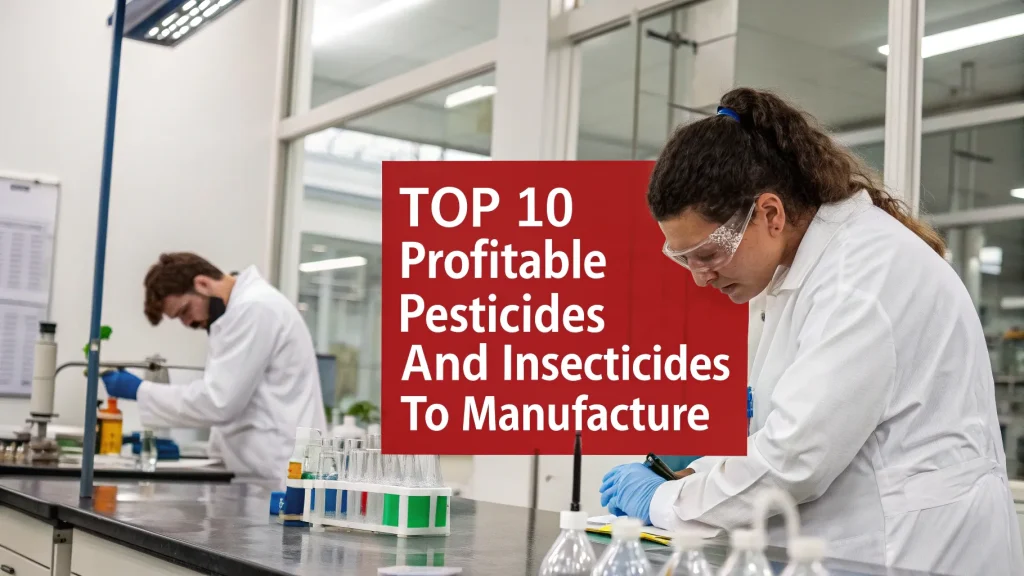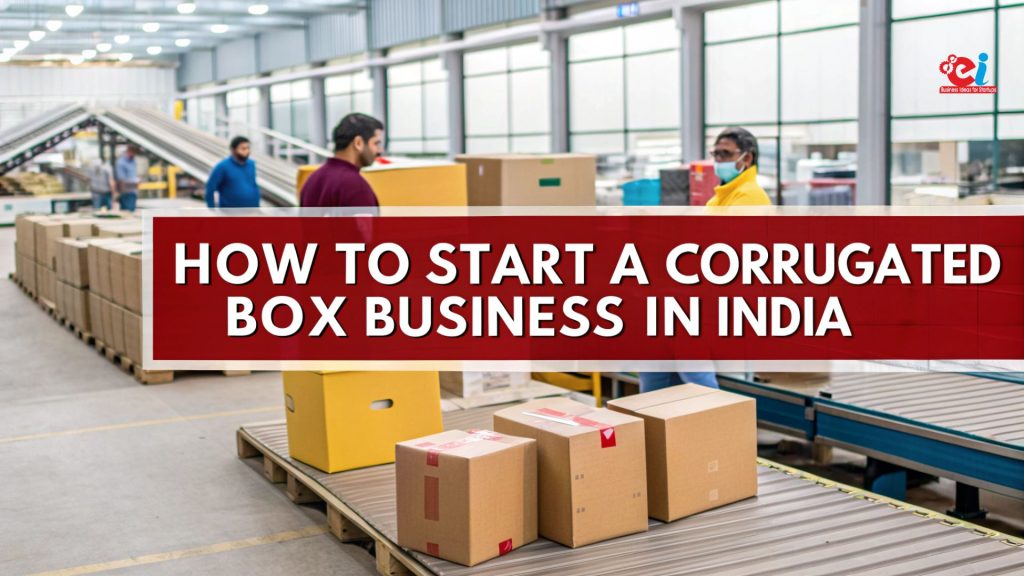The cocoa processing industry is a lucrative segment within the global agricultural value chain. Setting up a cocoa processing unit is not only a strategic business move but also an opportunity to create value from one of the world’s most loved commodities—chocolate. With proper planning, investment, and knowledge, establishing a cocoa processing plant can be a game-changer in agribusiness.
Understanding the Cocoa Value Chain
The cocoa processing value chain begins from sourcing raw cocoa beans and continues through fermentation, drying, roasting, and grinding. The main products obtained from this process include cocoa liquor, cocoa butter, and cocoa powder, which serve as critical ingredients in food, cosmetic, and pharmaceutical industries.
Sourcing quality beans is vital. West Africa (especially Ivory Coast and Ghana), Latin America, and parts of Southeast Asia are known for producing premium cocoa. Establishing partnerships or direct sourcing channels ensures consistent quality and volume.
Market Research and Feasibility Study
Before launching a cocoa processing unit, it is essential to conduct comprehensive market research and a feasibility study. Analyze:
- Demand trends for cocoa-derived products.
- Local and global competitors.
- Import-export regulations in target markets.
- Technology requirements.
- Operational cost and profit margins.
The feasibility study must include analysis of ROI, breakeven point, and scalability potential. It should also review raw material sourcing, logistics, and the potential for forward or backward integration.
Business Plan Development
Developing a robust business plan is the foundation of any successful cocoa processing venture. The business plan should include:
- Executive summary of your goals and vision.
- SWOT analysis of your business concept.
- Product line description (liquor, butter, powder).
- Processing capacity (small-scale, medium, or large).
- Investment requirements and financing sources.
- Marketing and distribution strategies.
- Risk management plan.
Make sure your business model reflects sustainable practices, fair trade policies, and includes room for future expansion.
Legal Registration and Compliance
To operate a cocoa processing unit, legal compliance is mandatory. These include:
- Company registration and factory licensing.
- Food safety and hygiene certifications (FSSAI, ISO 22000, HACCP).
- Labor and environmental clearances.
- Tax registrations (GST, Import-Export Code).
Engage legal advisors to assist in ensuring that all government regulations, both local and international, are met for a hassle-free operation.
Site Selection and Plant Layout
Choosing the right location for your cocoa processing facility directly impacts logistics and operational efficiency. Ideal characteristics include:
- Proximity to cocoa bean farms or ports.
- Availability of clean water and stable electricity.
- Adequate space for current and future expansion.
- Access to skilled and unskilled labor.
Design the plant layout for optimal workflow, from bean reception, cleaning, and roasting to grinding, pressing, and packaging. A well-optimized layout minimizes energy consumption and increases productivity.
Procurement of Equipment
Investing in high-quality, energy-efficient machinery ensures smooth and consistent output. The primary equipment required includes:
- Roasting machines – for flavor development.
- Winnowers – to separate nibs from shells.
- Grinders/melangers – to produce cocoa liquor.
- Hydraulic presses – to extract cocoa butter.
- Powdering units – to process cake into cocoa powder.
- Packaging machines – to meet various market needs.
Opt for semi-automated or fully automated systems based on your budget and production scale. Also, consider sourcing from manufacturers offering installation and after-sales support.
Production Process and Quality Control
The production process involves several stages, each requiring stringent quality control:
- Cleaning and Sorting – Remove impurities and grade beans.
- Roasting – Enhance flavor and reduce moisture.
- Winnowing – Break and separate nibs.
- Grinding – Convert nibs to cocoa liquor.
- Pressing – Separate cocoa butter and cake.
- Grinding Cake – Produce cocoa powder.
- Packaging – Preserve freshness and extend shelf life.
Implement a comprehensive quality management system. Monitor temperature, moisture, hygiene, and microbial content regularly. Ensure each batch meets industry and food safety standards.
Packaging and Branding
The packaging of cocoa products must be airtight, tamper-proof, and compliant with local and international regulations. It plays a crucial role in shelf-life and brand image. Consider packaging solutions that are:
- Eco-friendly and recyclable.
- Labeled with nutritional information.
- Designed to appeal to end consumers and B2B buyers.
Invest in a strong branding strategy. Highlight product purity, origin, sustainability, and traceability. Effective branding helps position your company in the premium market segment.
Distribution and Marketing Channels
Develop a multi-channel marketing and distribution approach:
- Partner with FMCG companies, chocolate manufacturers, bakeries, and cosmetic producers.
- Explore export opportunities to North America, Europe, and Asia.
- Build an eCommerce presence to sell directly to consumers.
- Attend trade shows and industry expos to create B2B connections.
Digital marketing is key. Use SEO-driven websites, social media, email campaigns, and influencer marketing to create brand visibility and generate leads.
Skilled Workforce and Training
Hiring trained personnel ensures process efficiency and quality. Key roles include:
- Food technologists.
- Machine operators.
- Quality assurance professionals.
- Packaging and logistics managers.
- Sales and marketing executives.
Invest in regular training and upskilling programs to maintain standards and adapt to technological changes.
Sustainability and Waste Management
Sustainability in cocoa processing is vital. Adopt eco-conscious practices such as:
- Utilizing cocoa shells for fuel or animal feed.
- Recycling water and minimizing energy waste.
- Complying with environmental laws and carbon footprint norms.
Promote ethical sourcing and fair-trade certifications to attract conscious consumers and global buyers.
Financial Planning and Profitability
Setting up a cocoa processing unit involves significant investment. Capital is needed for land, machinery, labor, and working capital. A sample cost breakdown:
- Land & infrastructure: 20–30%
- Machinery & installation: 40–50%
- Licensing, marketing, staffing: 20%
- Contingency: 10%
Profitability depends on efficient operations, market access, and product differentiation. Cocoa products have high demand elasticity, offering profitable margins with the right positioning.
Conclusion
Starting a cocoa processing unit is a capital-intensive but highly rewarding venture. By aligning strategic planning, technical infrastructure, quality assurance, and marketing, one can build a scalable, globally competitive business. The demand for cocoa-derived products continues to surge, making this a timely opportunity for entrepreneurs and investors alike.
Visit the page Select and Choose the Right Business Startup for You for sorting out the questions arising in your mind before starting any business and know which start-up you can plan.
We, at NPCS, endeavor to make business selection a simple and convenient step for any entrepreneur/startup. Our expert team, by capitalizing on its dexterity and decade’s long experience in the field, has created a list of profitable ventures for entrepreneurs who wish to diversify or venture. The list so mentioned is updated regularly to give you a regular dose of new emerging opportunities.






